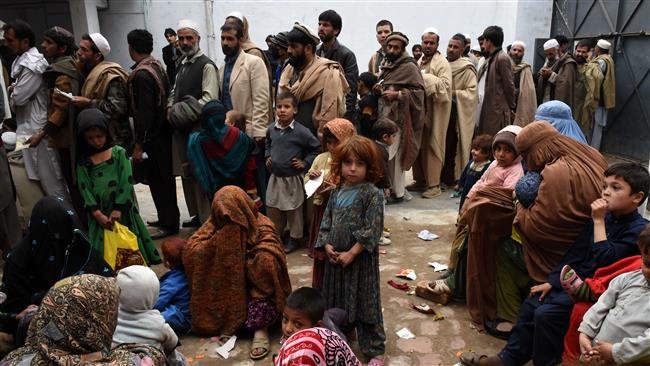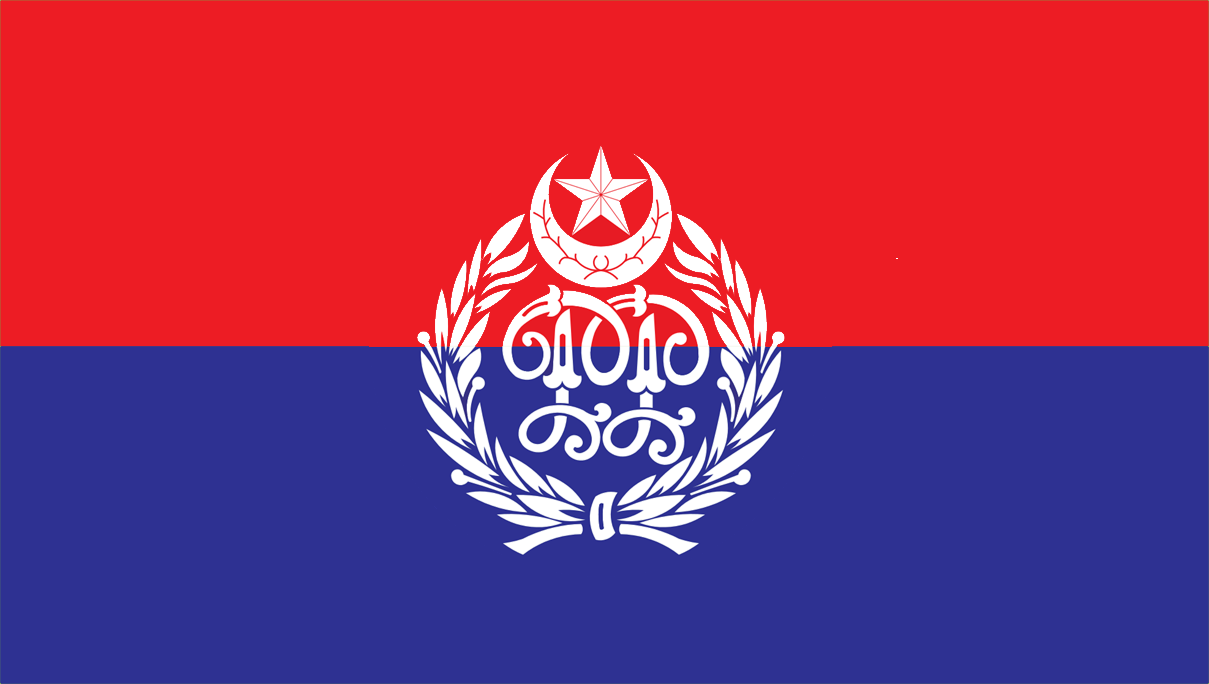Arshad Mahmood Awan
Pakistan’s decision to move forward with the repatriation of Afghan Citizenship Card holders has sparked intense debate and concern among human rights advocates and international organizations. The government’s plan, which enforces the deportation of Afghan refugees who had been residing in the country, underscores the state’s commitment to a policy that has long been controversial. Initially set for March 31, the deadline for “voluntary repatriation” came and went, with Islamabad following through on its commitment to forcibly remove refugees who failed to leave by the deadline.
This decision, while within the government’s rights, reflects a troubling stance on the treatment of Afghan refugees who have sought refuge in Pakistan for decades. Despite repeated calls from the United Nations High Commissioner for Refugees (UNHCR) and other humanitarian groups for a more compassionate and extended timeline, the government has opted to ignore these appeals. On Eid, UNHCR Representative Philippa Candler expressed concern over the situation, advocating for a humane and gradual approach that would allow refugees more time to return. Her plea fell on deaf ears in Islamabad, where Afghan refugees are seen less as long-standing members of society and more as an external burden to be dealt with.
The Pakistani government, as it frequently reminds critics, is not legally bound by the 1951 Refugee Convention. It insists that its decades-long hospitality towards Afghan refugees has been an act of goodwill rather than a binding obligation. As a result, the government has chosen to move forward with a policy that sees the deportation of Afghan nationals as a necessary step for national security, irrespective of the impact on the lives of vulnerable individuals.
While the government has the right to make these decisions, there are still significant concerns about how Afghan deportees will be treated during this process. Given the precarious position of Afghan refugees in Pakistan, their repatriation could be fraught with dangers, exploitation, and abuse. The Pakistani authorities must ensure that those being deported are treated with the dignity and respect that every human being deserves, regardless of their nationality or immigration status.
The situation facing Afghan deportees is deeply troubling. Many Afghans who sought refuge in Pakistan did so because of the instability, violence, and conflict in their own country. Now, with the decision to forcibly repatriate them, these individuals find themselves facing a harsh and uncertain future. It is not difficult to imagine that, given their vulnerability, many will fall prey to exploitation by both state officials and civilians. Refugees, by their very nature, are often marginalized and disempowered. With their rights in limbo and their livelihoods destroyed, they are easy targets for predators.
The authorities must take all necessary measures to protect Afghan deportees during this process. Their property, safety, and dignity must be safeguarded at all costs. This will require a concerted effort to ensure that the deportation process is conducted humanely, with a focus on minimizing harm and providing refugees with the opportunity to organize their affairs before being sent back to Afghanistan. Many of these individuals have spent years, if not decades, rebuilding their lives in Pakistan, often under difficult circumstances. Forcing them to return without due consideration for their personal belongings or financial stability would be a cruel blow that could leave them worse off than before.
Pl subscribe to the YouTube channel of republicpolicy.com for quality podcasts:
One of the central arguments used by the Pakistani government to justify the deportation of Afghan refugees is that they are simply being sent back to their “home country.” However, for many Afghan refugees, Pakistan has been their home for most of their lives. Over the years, Afghan refugees have become integrated into Pakistani society in countless ways, contributing to the economy, culture, and social fabric of the country. Yet, the Pakistani government seems to view them through the lens of outsiders — a threat to national security rather than a group of people who have sought refuge from unimaginable hardship.
As the government moves forward with its deportation plan, it must recognize that sending these individuals back to Afghanistan may not be as simple as returning them to their homeland. Many refugees left Afghanistan as children and have no real connection to the country they are being sent back to. For them, Pakistan is the only home they have known. Returning them to a country that continues to experience political instability, poverty, and conflict is not only unjust but also deeply disorienting for those who have spent the majority of their lives in Pakistan. The Pakistani government needs to acknowledge that for many Afghan refugees, the deportation is not a return to home but a forced displacement from a place where they have built their lives.
As Pakistan moves forward with its repatriation plan, the most critical aspect of this process is the treatment of the refugees involved. Pakistan has the right to implement its policies, but it must ensure that these policies are carried out in a manner that respects the human rights and dignity of all individuals involved. The government must provide adequate safeguards to prevent abuse and exploitation during deportation, ensuring that all deportees have access to proper legal support and protection from harm.
Moreover, Pakistan’s role as a host country for Afghan refugees has been marked by both compassion and limitations. For years, Pakistan has opened its doors to millions of Afghan refugees who have fled violence and conflict. While this gesture has often been lauded by the international community, it is equally important to acknowledge that the situation has placed considerable strain on the country’s resources and infrastructure. However, despite the challenges, Pakistan’s history of hosting Afghan refugees should not be overshadowed by a singular, punitive approach to their eventual repatriation.
The decision to forcibly repatriate Afghan refugees should not be viewed as an opportunity to sever ties with the refugee community. Instead, it should be an opportunity for Pakistan to demonstrate its commitment to human rights and compassionate governance. If Pakistan is to repatriate Afghan refugees, it must do so in a manner that reflects both respect for their humanity and recognition of the challenges they have faced.
There is still time for Pakistan to take a more measured approach to this issue. While it may be difficult to reverse the deportation process, the government should explore alternative solutions, such as extending the timeline for voluntary repatriation or providing additional support for refugees returning to Afghanistan. This could include assistance with reintegration, access to resources, and protection from exploitation as they navigate the complex and often dangerous environment in their home country.
Ultimately, Pakistan must recognize that its policy on Afghan refugees is not just about enforcing national security but also about honoring its moral responsibility towards those who sought refuge within its borders. While the state’s sovereignty and security are paramount, these considerations must not come at the cost of human dignity and compassion. In moving forward with repatriation, the government must strike a balance between enforcing its policy and protecting the rights of vulnerable individuals who have spent years in the country. Anything less would undermine the very values of humanity that should guide the treatment of refugees.

















